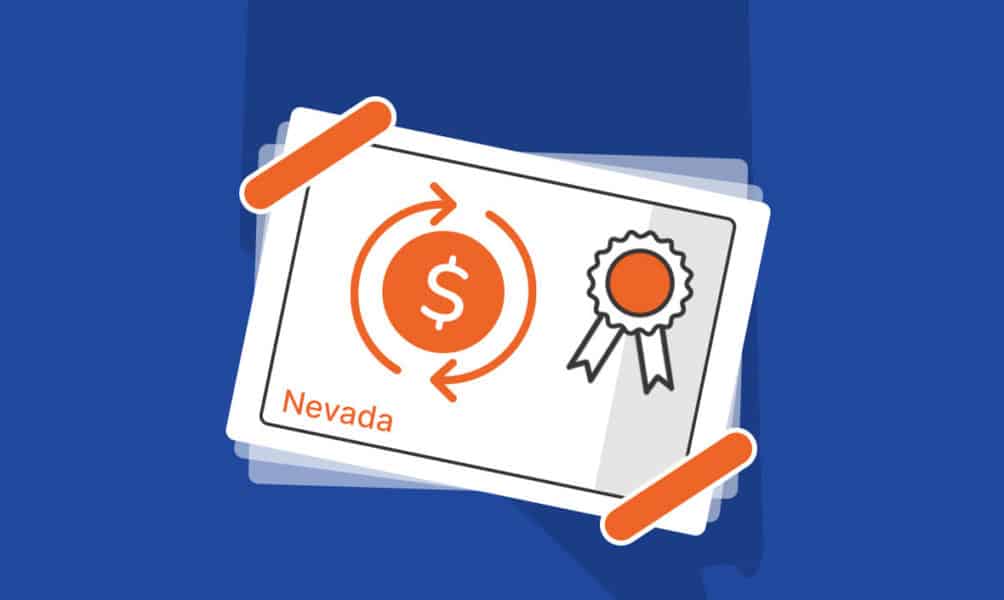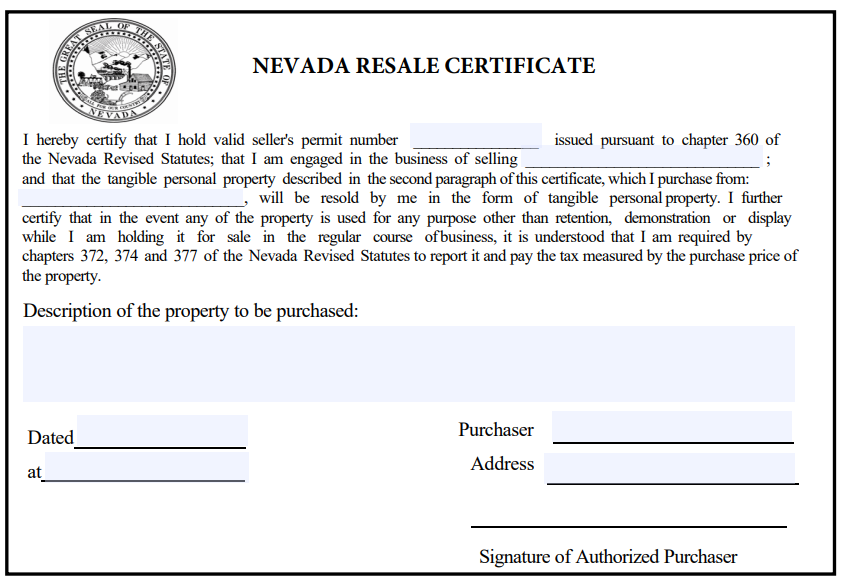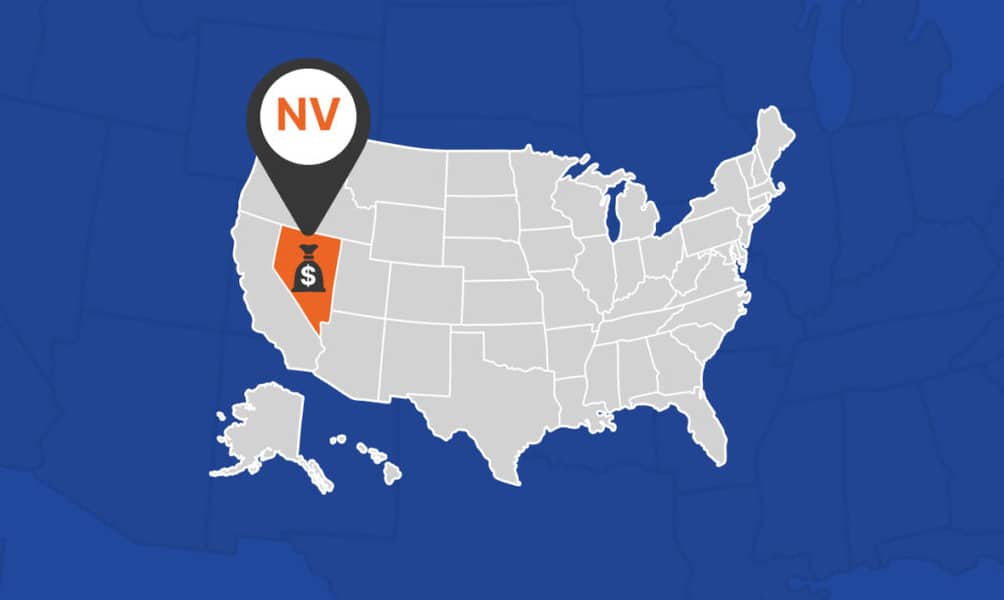If your business sells physical products or certain types of services, you will need to collect and pay sales tax. In Nevada, the first step isvisit ...
How to Get a Resale Certificate in Nevada
Written by: Natalie Fell
Natalie is a business writer with experience in operations, HR, and training & development within the software, healthcare, and financial services sectors.
Edited by: David Lepeska
David has been writing and learning about business, finance and globalization for a quarter-century, starting with a small New York consulting firm in the 1990s.
Published on July 7, 2022

If you have recently launched or are planning to launch a business that will sell products or services in Nevada, you may want to get a resale certificate, or several of them, before you start doing business, as this can save you a lot of time and money.
It’s a relatively simple process, as detailed in this step-by-step guide.
What is a Resale Certificate?
If your business has a valid resale certificate, you can buy goods from a wholesaler without paying Nevada sales tax, though you may pay a use tax. Depending on the size of your business, this can save you tens of thousands of dollars each year.
The catch is that whenever you do use a resale certificate to purchase goods, you are legally bound to resell those items and collect sales tax when you do so. If you do not resell those items, or fail to collect sales tax, the punishment could be costly fines or potential jail time.
Keep in mind, each resale certificate, also known as a resale license, applies to a single vendor. This means you’ll need a resale certificate for each one of your vendors.
You cannot use a resale certificate to buy items you do not intend to resell, such as a new computer for your business. This would be tax fraud, a felony offense. You are only able to buy items tax-exempt if you are going to collect sales tax on them later.
Not all wholesalers will accept resale certificates, nor do they have to. They may choose not to because of the risk of expired or false certificates, which would put the wholesaler on the hook for the sales tax.

How to Apply for a Resale Certificate in Nevada
In Nevada, you’ll need to obtain the form from the Department of Taxation. The certificate is not filed with the state of Nevada, it’s simply kept on file by the seller.
In a few states, a seller’s permit, or sales tax permit, also serves as a resale certificate that applies to all vendors. But in most states, including Nevada, you’ll need a seller’s permit as well as resale certificates for each of your vendors.
The seller’s permit identifies you with your state as a collector of sales tax. If you sell tangible personal property or goods you are required to have a sales tax permit. In some states, even a service provider like a lawyer is required to have a sales tax permit and collect state sales tax.
The resale certificate applies to items that you buy for resale, or for parts that you buy to manufacture something for sale.
How to Fill out the Nevada Resale Certificate
In Nevada, the Department of Taxation handles the issuance of resale certificates. Start by visiting the website, then follow these simple steps:
- Click on the Resale Certificate link to download the form.

- In the blank spaces, enter the seller’s permit number, the merchandise being sold, and the seller’s name.
- Next, enter a description of the property to be purchased.
- At the bottom of the form, add your name and address.
- Lastly, sign and date the form and keep a copy for your records.
For assistance, contact the Nevada Department of Taxation at 1-866-962-3707.
Does a Nevada Resale Certificate Expire?
In Nevada, resale certificates expire after five years. It’s best to create calendar reminders so you’re aware when expirations are coming up to ensure you’re able to apply for renewal in time and run your business without interruption.
Conclusion
Resale certificates can be a bit of a hassle, but in Nevada they are an absolute necessity. So take the time to get certificates for each of your vendors to ensure full compliance with your state’s tax regulations.
Subscribe to Our Newsletter
and gain insider access to cutting-edge business insights and trends.
Featured Resources

Nevada Sales Tax Calculator
Published on April 15, 2022
Read Now
How to Start an LLC in Nevada in 7 Steps
Published on March 2, 2022
Here are the steps you need to take to start a limited liability company (LLC) inNevada: Choose a name for your Nevada LLC: Your business namem ...
Read Now

Starting a Business in Nevada: 13-Step Guide
Published on October 12, 2021
Nevada is best known for that legendary city of vice, Las Vegas, which is a famed global tourist destination. It’s also called the “SilverSt ...
Read Now
Comments